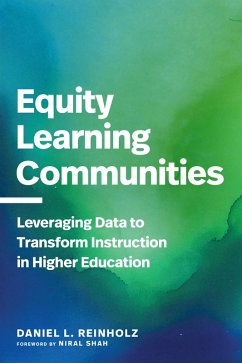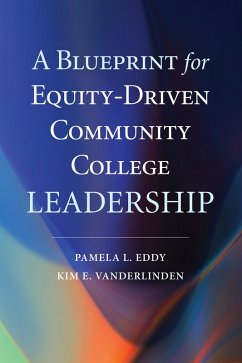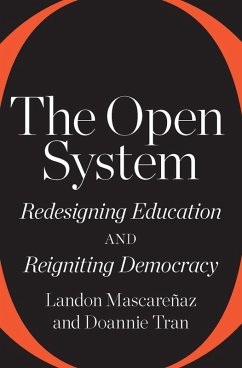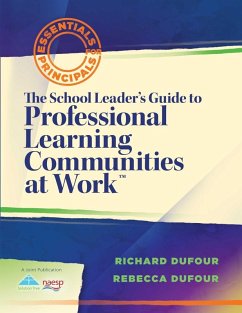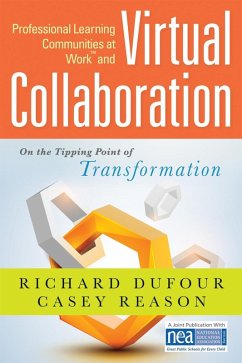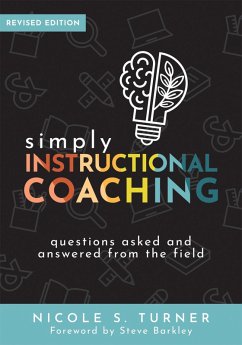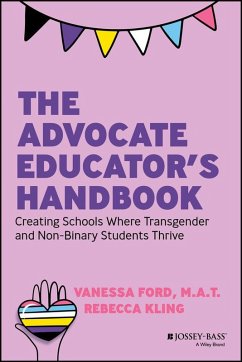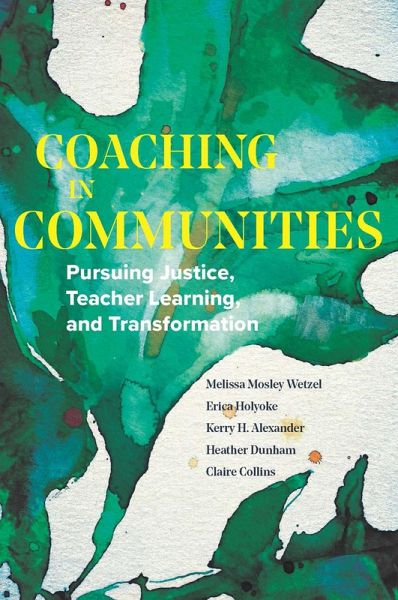
Coaching in Communities (eBook, ePUB)
Pursuing Justice, Teacher Learning, and Transformation
Versandkostenfrei!
Sofort per Download lieferbar
22,95 €
inkl. MwSt.
Weitere Ausgaben:

PAYBACK Punkte
11 °P sammeln!
A revolutionary framework for teacher learning centered on justice-focused coaching that encourages culturally responsive practice and disrupts systems of oppression. In Coaching in Communities, researcher Melissa Mosley Wetzel and her coauthors distill the lessons of an eight-year study into a transformative educator training model, Coaching with CARE (critical and content-focused, appreciative, reflective, and experiential). They demonstrate how effective, contextual teacher training can be a cornerstone of educational justice, which occurs when all learners are supported to be successful in...
A revolutionary framework for teacher learning centered on justice-focused coaching that encourages culturally responsive practice and disrupts systems of oppression.
In Coaching in Communities, researcher Melissa Mosley Wetzel and her coauthors distill the lessons of an eight-year study into a transformative educator training model, Coaching with CARE (critical and content-focused, appreciative, reflective, and experiential). They demonstrate how effective, contextual teacher training can be a cornerstone of educational justice, which occurs when all learners are supported to be successful in school and when schools expand notions of success to include diverse ways of life and learning.
The authors show how this new framework, which draws from behavioral, cognitive, humanistic, and critical models of coaching, can be used in professional and informal learning contexts, and in dialogue with families and communities, to upend the status quo, break down the expert-novice distinction, and cultivate just forms of practice. As they note, the work of justice is collaborative, sustained engagement in resistance to marginalization, racism, and other inequities.
Coaching in Communities presents a set of tools, including shared inquiry and coaching cycles of observation, reflection, and debriefing, and demonstrates how they work in real-life settings. With these tools, teacher education programs as well as districts, schools, and other organizations can train for change, which is one essential step in school transformation.
In Coaching in Communities, researcher Melissa Mosley Wetzel and her coauthors distill the lessons of an eight-year study into a transformative educator training model, Coaching with CARE (critical and content-focused, appreciative, reflective, and experiential). They demonstrate how effective, contextual teacher training can be a cornerstone of educational justice, which occurs when all learners are supported to be successful in school and when schools expand notions of success to include diverse ways of life and learning.
The authors show how this new framework, which draws from behavioral, cognitive, humanistic, and critical models of coaching, can be used in professional and informal learning contexts, and in dialogue with families and communities, to upend the status quo, break down the expert-novice distinction, and cultivate just forms of practice. As they note, the work of justice is collaborative, sustained engagement in resistance to marginalization, racism, and other inequities.
Coaching in Communities presents a set of tools, including shared inquiry and coaching cycles of observation, reflection, and debriefing, and demonstrates how they work in real-life settings. With these tools, teacher education programs as well as districts, schools, and other organizations can train for change, which is one essential step in school transformation.
Dieser Download kann aus rechtlichen Gründen nur mit Rechnungsadresse in A, D ausgeliefert werden.





